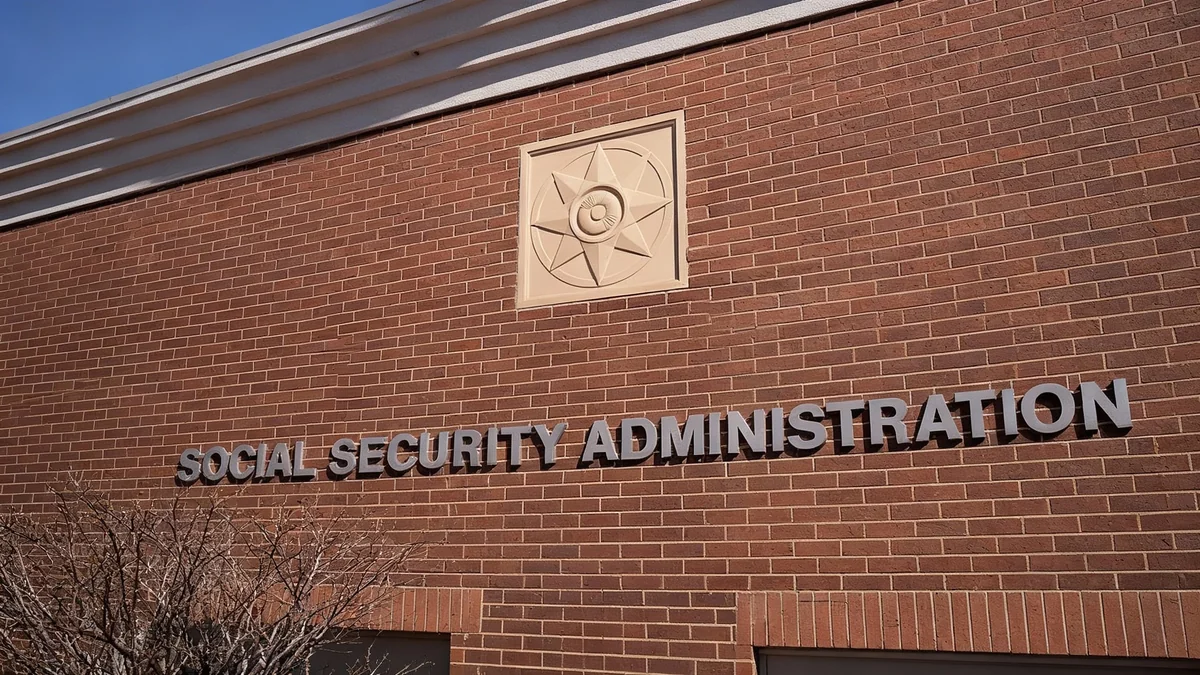Lehigh Valley Health Network (LVHN) has agreed to pay $1.15 million to resolve a class-action lawsuit brought by former employees. The lawsuit alleged that the health network mismanaged its 403(b) retirement plan by allowing excessive administrative fees, which negatively impacted the savings of thousands of current and former staff members.
Key Takeaways
- Lehigh Valley Health Network will pay $1.15 million to settle a class-action lawsuit concerning its employee retirement plan.
- The lawsuit, filed by former employees, alleged violations of the Employee Retirement Income Security Act of 1974 (ERISA).
- Plaintiffs claimed LVHN failed to control recordkeeping fees, causing participants to pay significantly more than those in comparable plans.
- The settlement covers more than 26,000 individuals who participated in the plan from October 21, 2018, onwards.
Details of the Settlement Agreement
The proposed settlement was officially filed in the U.S. District Court for the Eastern District of Pennsylvania. If approved by the court, the $1.15 million fund will be distributed among eligible participants of the LVHN 403(b) retirement plan.
According to court documents, the settlement class includes all individuals who participated in the plan at any time since October 21, 2018. This also extends to their beneficiaries. The only exceptions are the defendants named in the case and their respective beneficiaries.
By the Numbers
The retirement plan at the center of the lawsuit had 26,430 participants as of 2023, highlighting the large number of employees potentially affected by the alleged mismanagement.
Core Allegations in the Lawsuit
The original complaint was filed in October of the previous year by several former LVHN employees. They brought the case against the health network, its board of directors, and its executive compensation committee, citing breaches of fiduciary duties under a federal law known as the Employee Retirement Income Security Act of 1974 (ERISA).
ERISA establishes minimum standards for most voluntarily established retirement and health plans in private industry to provide protection for individuals in these plans.
Excessive Administrative Fees Claimed
The central claim in the lawsuit was that LVHN failed to properly manage the retirement plan's Recordkeeping and Administrative (RKA) fees. The plaintiffs argued that the health network did not use its significant bargaining power as a large plan provider to negotiate lower fees for its employees.
As a result, employees allegedly paid fees that were substantially higher than the market rate for similar-sized retirement plans. The lawsuit stated that participants were paying "double or even triple" for RKA services compared to what was considered reasonable and competitive.
What is ERISA?
The Employee Retirement Income Security Act of 1974 is a federal law that protects the retirement assets of Americans. It requires fiduciaries—those who manage an employee benefit plan—to act in the best interests of the plan participants. Lawsuits under ERISA often allege that fiduciaries failed this duty, for instance, by allowing a plan to incur unreasonable expenses.
Impact on Plan Participants
The lawsuit sought class-action status due to the large number of LVHN staff members affected by the fee structure. High administrative fees can significantly erode retirement savings over time, as they reduce the net returns on investments within the 403(b) accounts.
Even small percentage differences in fees can compound over decades, resulting in tens of thousands of dollars less in an individual's retirement account by the time they are ready to withdraw funds. The legal action aimed to recover some of these losses for the affected employees and ensure better oversight of the plan moving forward.
The plaintiffs contended that LVHN failed to "defray reasonable expenses of administering the plan," a key responsibility for plan fiduciaries under federal law.
Next Steps and Company Position
The settlement agreement represents a compromise to avoid the costs and uncertainties of a prolonged legal battle. It is now subject to final approval by a federal judge, who will determine if the terms are fair and reasonable for the class members.
Once approved, a process will be established to notify eligible participants and distribute the settlement funds. The net settlement amount will be allocated to current and former participants based on a court-approved formula.
According to the original report, a spokesperson for Lehigh Valley Health Network did not respond to a request for comment on the settlement. The agreement does not include an admission of wrongdoing by LVHN.





